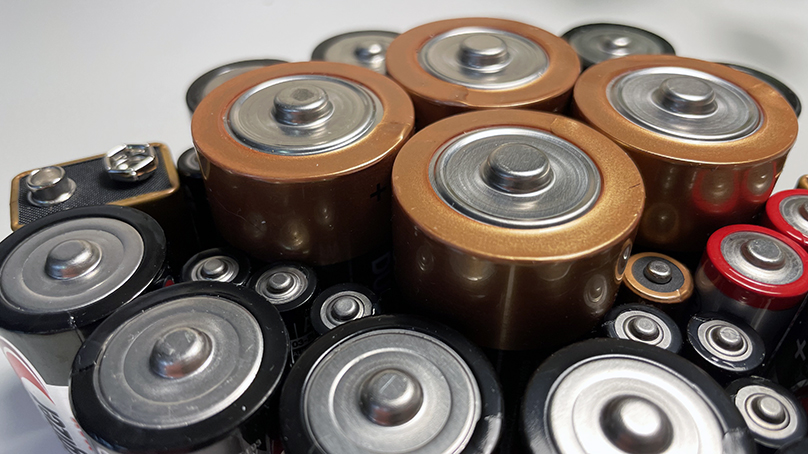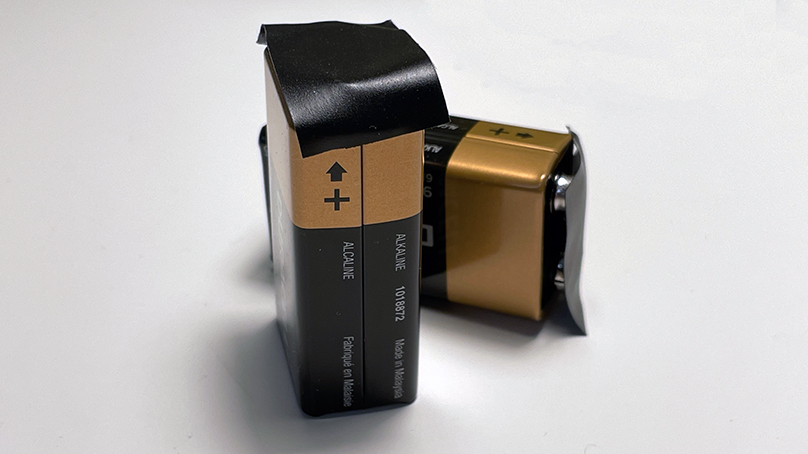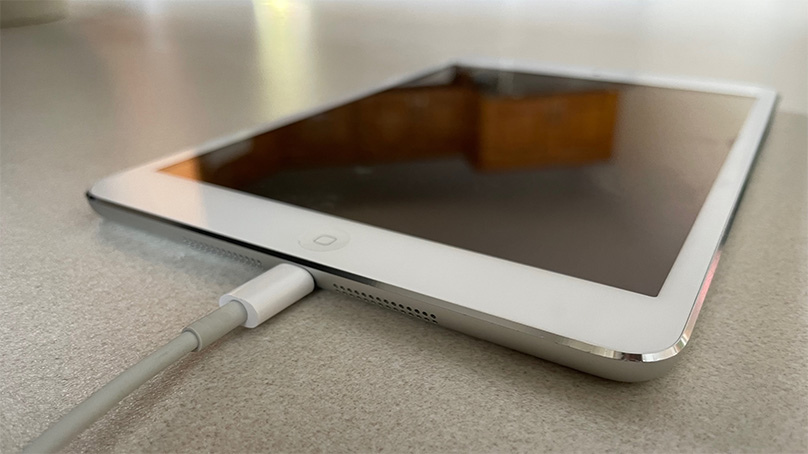
From remote controls to cell phones, you don’t have to look far in your home to find something that runs on batteries. That means we’re likely charging or replacing batteries a lot. It's a simple process, but if not done carefully, could put you and others in danger.
When using batteries there are a few things you should keep in mind.
Store them strategically
Batteries should be stored at room temperature and kept in their original packaging until you are ready to use them.

A serious risk with batteries is if their posts end up coming in contact with something metal. This could cause a short circuit and lead to a fire. The risk is even greater with 9V batteries because the posts are so close together.
For this reason, you should avoid storing batteries loose in a drawer or container. Covering the posts with masking, duct, or electrical tape can also help reduce the fire risk.
Follow the instructions
Lithium-ion batteries are being used more frequently in products such as laptops, smart phones, e-bikes, and some toys. These batteries store a large amount of energy in a small space. If you don’t use them correctly, could catch on fire or explode.
When you buy items with these types of batteries, make sure and always follow the manufacturer’s instructions and only use the battery that came with the device.
Charge them carefully

When charging something with batteries, only use the charging cables or device that it came with. Don’t keep the item plugged in after it is fully charged.
Never charge an item on your bed, couch, or under a pillow.
Check them regularly
Stop using the device immediately if you notice batteries giving off too much heat, making odd noises, changing shape and/or colour, leaking, or appearing corroded.
Dispose them properly
Batteries should never be put in your garbage or recycling carts. Not only do they contain hazardous chemicals, they could catch fire if they touch other metal.
The safest place for you to bring dead batteries or electronics is to our 4R Winnipeg Depots where they’ll be properly disposed of or recycled appropriately.
Drop off locations for household batteries can also be found in our library branches.
Before dropping them off, dead batteries should be put into separate plastic bags or have tape placed over the terminals.
